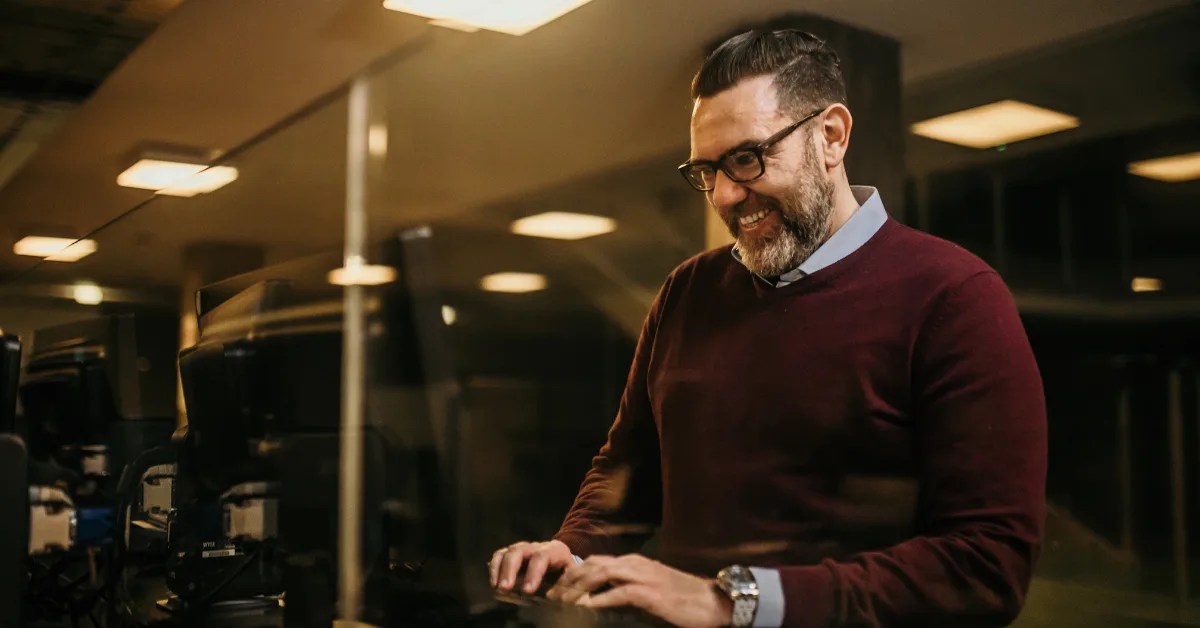The UK’s national fraud reporting centre, Action Fraud, says that it has received 196 reports of scam emails claiming to be raising funds for victims of the war in Ukraine.
Facebook Post
In a Meta / Facebook post on 18 March, Action Fraud reported:
“We’ve received 196 reports about FAKE emails purporting to raise money for those affected by the crisis in Ukraine. Some of the emails even claim to be from Wladimir Klitschko.”
Fake Websites Too
ESET researchers have also reported seeing a number of fake websites showing images of soldiers and explosions and the flag of Ukraine, asking for aid donations but with no specific details of how the money will be used. ESET commented in tweet: “Cybercriminals have no shame. With no humanitarian organization and only generic purpose mentioned, scammers try to lure out money from people trying to help #Ukraine during the #war.”
Advice
The advice from Action Fraud is that if any suspicious emails are received, they should be forwarded to: report@phishing.gov.uk. Also, the Charity Commission and Fundraising Regulator have published information online here to help the public to ‘give safely’ to registered charities and causes helping to support and protect people affected by the invasion of Ukraine.
Simple Checks
The Charity Commission and Fundraising Regulator suggest that those looking to donate to causes working in Ukraine and neighbouring countries should make some simple checks before donating, such as:
– Check the charity’s name and registration number at www.gov.uk/checkcharity.
– Check to see if the charity is genuine before parting with any financial information, e.g. check online for details of the charity and/or contact them to ask about what work they’re doing and how funds are spent.
– Exercise caution when responding to emails or clicking on links within the emails.
– Look for the Fundraising Badge (the Fundraising Regulator’s logo) on charity fundraising materials. This is a sign that they fundraise in line with the Code of Fundraising Practice.
Helen Stephenson CBE, Chief Executive of the Charity Commission, said about donating causes helping the people of Ukraine: “We encourage everyone to follow our simple steps to check that their money gets to its intended cause. Donating to a registered charity is a good way to feel confident of that.”
What Does This Mean For Your Business?
Just as we saw with the pandemic, scammers will exploit any situation to extract money and sensitive, personal information from people. Situations where there is a strong emotional response and an urge to help and move quickly are ideal for scammers who rely people acting on emotional impulse and not checking or using critical thought or discussing their intentions with others who may alert them to the danger. Taking time to make simple checks, such as some basic online research can help ensure that money goes to those who need it rather than to fraudsters funding more crime. The advice is to be on the alert for fake emails and social-media posts from scammers looking to cash-in on the crisis in Ukraine, report and to delete and suspicious emails and make some basic checks before donating to any charity or organisation.
Recent Blogs
Related posts
Is Your Provider Reactive or Proactive? How to Tell the Difference
Many businesses assume that their IT support is fine until something breaks. But there’s a big difference between a provider that reacts to issues and [...]
Proactive IT Support That Protects Your Business
When a business suffers a cyber incident (which 43% have), every minute matters. Systems go down, productivity stalls, and panic can quickly set in. That’s [...]
What Happens After Your Microsoft 365 Audit?
With an estimated 958,000 users per day worldwide, there’s a good chance Microsoft 365 is one of your most important tools – so it’s good [...]








